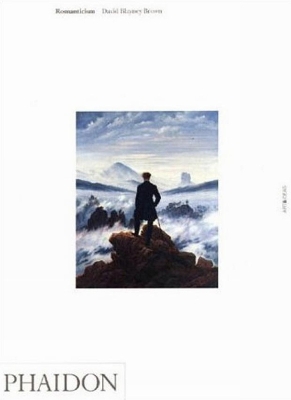Art & Ideas
1 total work
Romanticism was a way of feeling rather than a style in art. In the period c.1775-1830 - against the background of the French Revolution and the Napoleonic Wars - European artists, poets and composers initiated their own rebellion against the dominant political, religious and social ethos of the day. Their quest was for personal expression and individual liberation and, in the process, the Romantics transformed the idea of art, seeing it as an instrument of social and psychological change.
In this comprehensive volume, David Blayney Brown takes a thematic approach to Romanticism, relating it to the concurrent, more stylistic movements of Neoclassicism and the Gothic Revival, and discussing its relationship with the political and social developments of the era. He not only looks at how artists as diverse as Goya, Delacroix, Friedrich and Turner responded to landscapes or depicted historical events, but also examines artists such as David and Ingres who are not usually considered Romantics. As a result, the reader is given a clear understanding of a complex movement that produced some of the greatest European art, literature and music.
